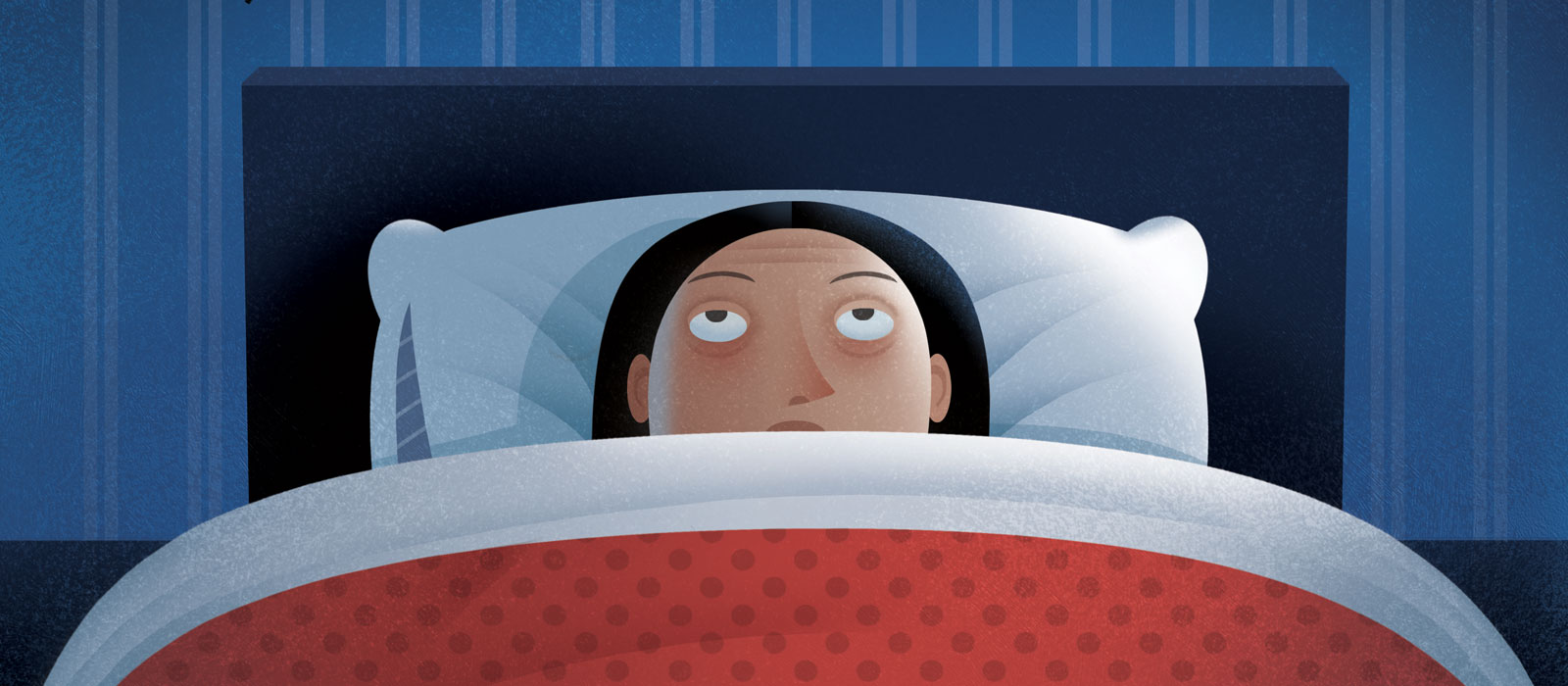By Jyothirmai Gubili, MS, Eugenie Spiguel, MSN, ANP-BC, and Yen Nien (Jason) Hou, PharmD, DiplOM, LAc
Many patients with cancer experience sleep disturbances, including insomnia, that can persist for years if not appropriately managed. The resulting increased risk for infections, anxiety, and depression can take a toll on patients’ quality of life.
Pharmacologic treatments for insomnia may contribute to adverse effects such as performance problems, memory disturbance, falls, and driving accidents, leading many patients to seek alternative or complementary therapies.
Traditional Chinese Medicine for Insomnia
Suan zao ren tang (SZRT) is a traditional Chinese medicine (TCM) formula comprised of five herbs with a centuries-long medicinal history for improving sleep health. It is the most-commonly prescribed formulation for sleep issues in Taiwan, with much of the available efficacy evidence derived from studies in Asian populations.
In a randomized controlled trial, 90 patients on methadone maintenance received SZRT (4 g three times daily) or placebo for four weeks. At the end of the study period, mean total Pittsburgh Sleep Quality Index scores decreased by 3.8 in the SZRT group compared to 1.9 points in the control group and average diary sleep efficiency increased 11% and 5%, respectively. Researchers found no between-group differences in anxiety and depression scores or heroin craving.
In another large trial, 240 adults with chronic insomnia received SZRT (150 ml twice daily) plus lorazepam (0.5 mg per day) or lorazepam alone for 12 weeks. The reductions in insomnia severity index scores were greater in the intervention group compared to the control arm at 4, 8, and 12 weeks. Anxiety, a secondary outcome, was also lower with adjuvant use of SZRT, although no between-group differences were seen in depression. Notably, participants in the intervention group reported greater physical functioning at 12 weeks. They also had fewer adverse effects than those in the lorazepam-only arm, including constipation, appetite loss, dizziness, headache, abnormal liver function, and sexual dysfunction.
SZRT for Patients With Cancer
Preliminary findings also suggest SZRT’s utility in oncology settings. In a randomized, pilot study of 30 patients with different cancer types, those who took a modified SZRT formula (3.75 g three times daily) for two weeks had greater improvements in insomnia severity index scores and fatigue levels than those in the control group.
In another small study of 22 patients with cancer, a modified SZRT formula (once a day between meals) taken for four weeks was equally effective as cognitive behavioral therapy for insomnia (CBT-I) in reducing insomnia and significantly lowered anxiety symptoms compared to CBT-I.
A systematic review and meta-analysis of nine trials involving a total of 905 participants with and without cancer who had sleep disturbance or insomnia supported SZRT’s short-term benefits. Subjective sleep quality improved significantly in those who took SZRT compared to placebo, and when compared with benzodiazepines or CBT-I, SZRT affected notable reductions in insomnia severity.
Nursing Considerations for SZRT
Pharmacologic studies have shown that SZRT’s bioactive constituents, including jujubogenin, jujuboside A, and jujuboside B, improve sleep activity by stimulating serotonin and GABA receptors. Another component, spinosin, was reported to increase total sleep time and decrease sleep latency in rats treated with pentobarbital.
Adverse events reported in SZRT’s clinical trials include diarrhea, dizziness, dry mouth, sleep disturbance, facial skin rash, urinary urgency, nausea, indigestion, fatigue, lethargy, and sweating.
Up to 75% of patients with cancer report experiencing insomnia and other sleep-wake disturbances that can exacerbate other side effects such as depression and anxiety. Although CBT-I is the gold standard for treatment, a lack of available providers can limit patients’ access. Other patients may prefer to use an herb or supplement to manage their insomnia rather than CBT-I. To ensure patients use SZRT safely, oncology nurses can guide them to seek licensed TCM practitioners experienced in working with cancer populations.
Although growing evidence suggests that SZRT improves sleep health, more rigorous studies are needed to determine its efficacy in diverse populations, better delineate its effects by reducing heterogeneity of study subjects (those with insomnia or inconsistently defined sleep disturbance), and evaluate its long-term effects.






